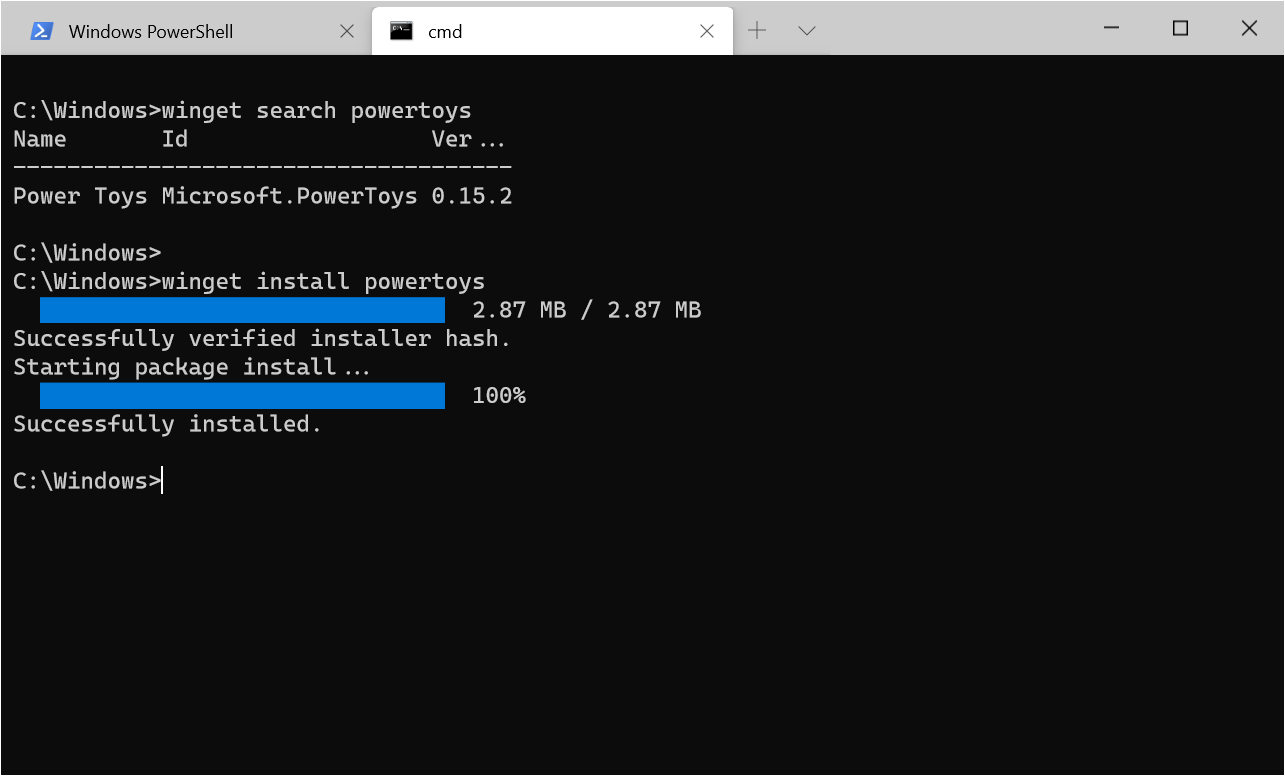Microsoft Belatedly Credits AppGet Developer For WinGet

Microsoft acknowledgs its new WinGet package manager is largely inspired by the open source AppGet tool, after its developer pointed out the similarities
Microsoft has belatedly credited the Canadian developer of AppGet as the inspiration for its WinGet package manager for Windows 10, after mentioning the original app only in passing during a recent launch event.
Microsoft launched a preview of WinGet at the Build developer conference in May, and after saying it had talked with the ” well-known package manager teams” behind Chocolatey, Scoop and Ninite, the company mentioned there were also “many other” apps including “AppGet, Npackd and the PowerShell based OneGet package manager-manager”.
Following the launch, developer Keivan Beigi, of Vancouver, Canada, said he would be discontinuing the development of AppGet, a package manager for Windows he has said he developed in response to frustrations with existing tools such as Chocolatey.
Beigi went on to detail his conversations about AppGet with Microsoft, which went so far as to discuss hiring him and bringing AppGet in-house, although those plans never came to pass.

‘Identical’
After Microsoft launched WinGet Beigi said he was surprised at how closely the app follows AppGet’s lead, even down to its name.
WinGet’s “core mechanics, terminology, the manifest format and structure, even the package repository’s folder structure” are “very inspired” by AppGet, Beigi said in a blog post.
“What was copied with no credit is the foundation of the project,” Beigi said. “WinGet works pretty much identical to the way AppGet works.”
Beigi said he wasn’t upset that his work had been copied, since he had released AppGet as open source in the expectation that the code would be used elsewhere.
However, he said he was irked that “no credit was given”.

‘Embrace, extend, extinguish’
“AppGet, which is objectively where most ideas for WinGet came from, was only mentioned as another package manager that just happened to exist,” he wrote.
To some, Microsoft’s development of WinGet may even recall its history of antipathy toward open source and its efforts to “embrace, extend and extinguish” competing technologies.
Microsoft has more recently been at pains to put that image behind it, with the acquisition of popular open source code-hosting site GitHub, the inclusion of a Linux kernel within Windows and other moves.
Microsoft confirmed Beigi’s account of his interactions with the company and said it had not meant to “alienate” anyone.
Open source
“Over the past couple of days we’ve listened and learned from our community and clearly we did not live up to this goal,” wrote Windows group programme manager Andrew Clinick in a blog post.
“More specifically, we failed to live up to this with Keivan and AppGet.”
Clinick thanked Beigi for his “thoughtful approach to AppGet and working with us”.
He added that Microsoft plans to publish the WinGet source code under an open lincence in order to be able to work with Beigi and other open source developers on the project.
Beigi said he was pleased that Microsoft had “finally got their act together and released a decent package manager for their flagship product”.